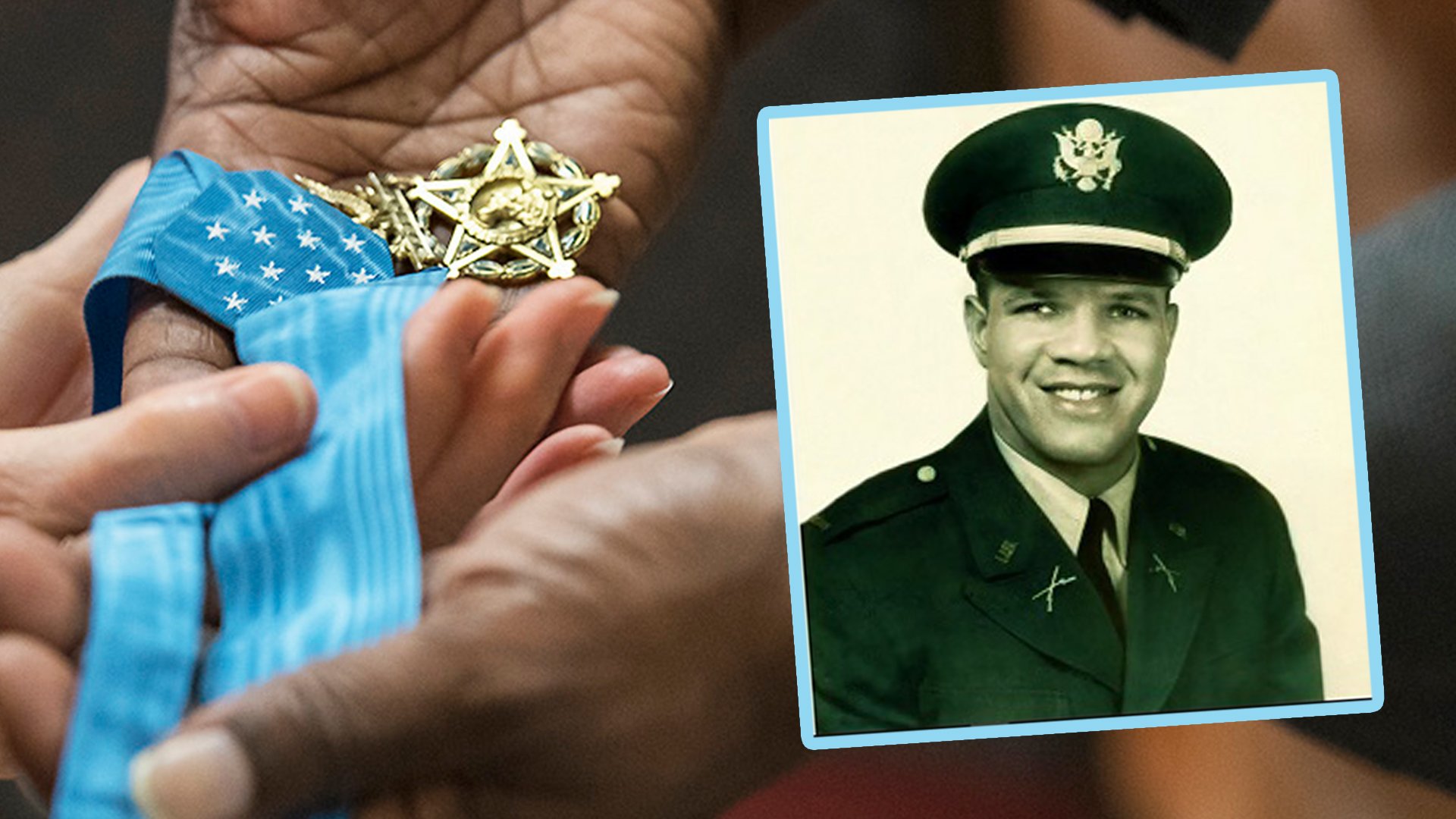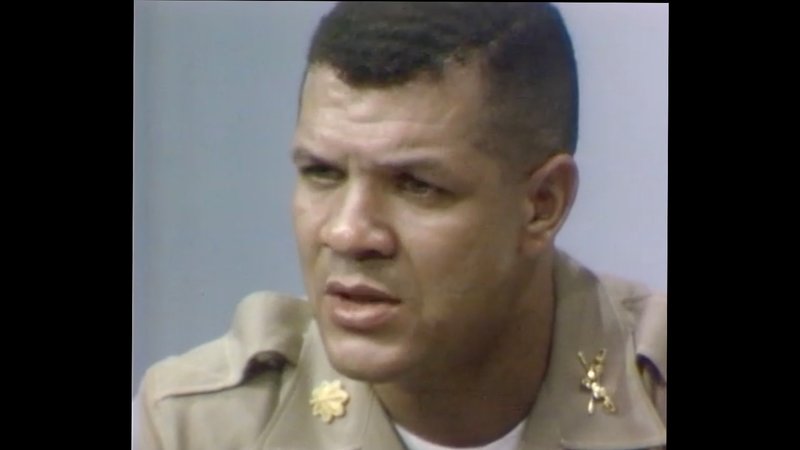Black Special Forces Soldier May Finally Get Medal of Honor 50 Years Late

Then-Capt. Paris Davis disobeyed an order to evacuate rather than leave
This article was originally published on Military.com Nov. 28, 2022. Follow Military.com on Twitter.
Capt. Paris Davis, who disobeyed a direct order to abandon the battlefield and his Special Forces team, saving lives during an intense firefight during the Vietnam War, is getting close to receiving the Medal of Honor after over five decades of roadblocks.
A Pentagon official told Military.com on the condition of anonymity that Davis' nomination was approved by Gen. Mark Milley, chairman of the Joint Chiefs of Staff, in early November. It now sits on Defense Secretary Lloyd Austin's desk and then would also need to be approved by President Joe Biden.
Davis, a Black man who retired as a colonel, was nominated for the award by his chain of command following the hectic battle in 1965 and then again years later. But that nomination never progressed, and records of that process were lost by Army administrative officials at least twice, according to reporting for The New York Times.
Davis' valor leading an early morning raid was seemingly never in question, with the Army citing his heroic deeds for multiple awards. Instead, the issue was the color of his skin, according to Davis.

Then-Maj. Paris Davis in a television interview discussing the 1965 battle in which he commanded a Special Forces team. Video clip from University of George Archive.
"I know race was a factor," Davis said during a television interview in 1969.
In January 2021, then-Acting Defense Secretary Christopher Miller ordered a review of Davis' lost nomination.
Davis was one of the first Black officers in Special Forces and joined during a period when violence tied to preventing racial equality in the U.S. was at a peak and as Army units were desegregated.
He was shot in the arm and leg during the 1965 battle. Many on his 12-man team were injured, including one soldier he was desperately trying to get to but was stuck in mud and under jungle debris with enemy machine gunners peppering the ground around those attempting rescue.
Davis was ordered by a colonel watching the battle from a helicopter above to retreat, which would mean leaving some of his teammates behind. Some of those soldiers were still likely alive.
"I told him, 'Sir, I'm not going to leave; I have an American still out there,'" he said during the 1969 interview. "I said some words I don't care to repeat, I did a little swearing I think was due to the intensity of the situation."
The small special forces team, and 90 South Vietnamese troops, fought off waves of enemy fighters for nearly 10 hours until reinforcements arrived. Davis and all the Special Forces soldiers made it out alive.
"We were stacking bodies the way you do canned goods at a grocery store," Davis said in the television interview.
Davis is yet another Black man who had to wait decades for awards to mark his valor, a wrong the Pentagon has slowly been trying to correct in recent years.
In 2021, after years of delay, Biden awarded the Medal of Honor to Alwyn Cashe, the first Black service member to receive the award since the Vietnam era. Cashe died rescuing his soldiers from a burning Bradley vehicle during the Iraq War. In 1997, President Bill Clinton awarded the medal to seven Black World War II veterans, including Lt. John Fox who died directing artillery fire at his location to limit a German advance.
Davis, 83, retired in 1985 after serving as commander of 10th Special Forces Group.
Read Next: Raider Five Zero on Fire: An Impossible Story of Survival 2 Miles High

Steve Beynon is a reporter for Military.com.
BRCC and Bad Moon Print Press team up for an exclusive, limited-edition T-shirt design!
BRCC partners with Team Room Design for an exclusive T-shirt release!
Thirty Seconds Out has partnered with BRCC for an exclusive shirt design invoking the God of Winter.
Lucas O'Hara of Grizzly Forge has teamed up with BRCC for a badass, exclusive Shirt Club T-shirt design featuring his most popular knife and tiomahawk.
Coffee or Die sits down with one of the graphic designers behind Black Rifle Coffee's signature look and vibe.
Biden will award the Medal of Honor to a Vietnam War Army helicopter pilot who risked his life to save a reconnaissance team from almost certain death.
Ever wonder how much Jack Mandaville would f*ck sh*t up if he went back in time? The American Revolution didn't even see him coming.
A nearly 200-year-old West Point time capsule that at first appeared to yield little more than dust contains hidden treasure, the US Military Academy said.












